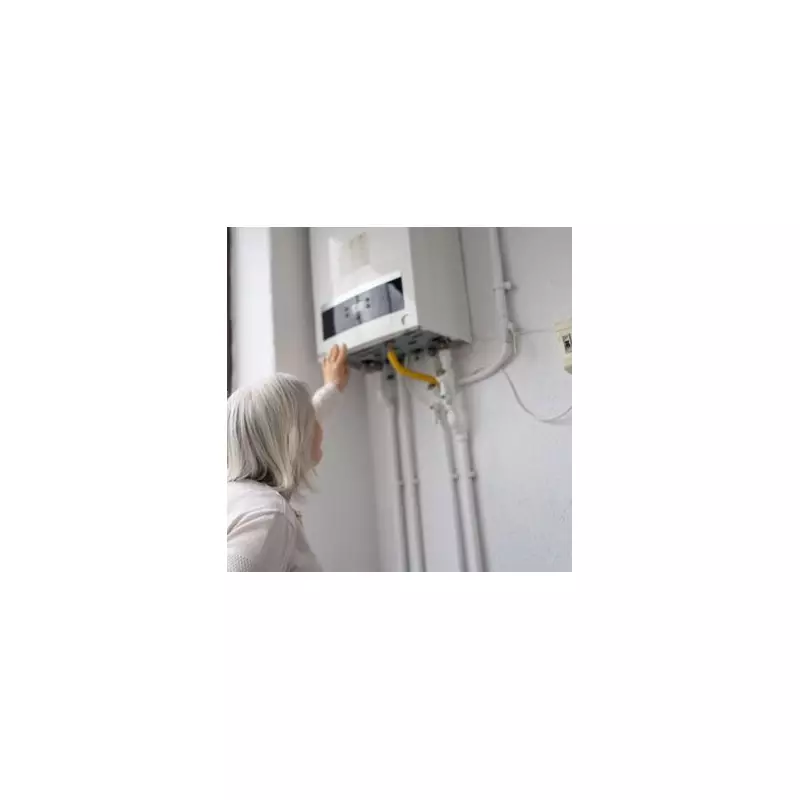
As the winter chill sets in and energy bills continue to bite, millions of households are searching for ways to stay warm without breaking the bank. The solution might be simpler than you think - and it's all about finding that perfect temperature setting on your boiler.
The Magic Number For Maximum Efficiency
Energy experts have revealed that adjusting your boiler's flow temperature could be the key to significant savings. While many homeowners crank their boilers to maximum settings during colder months, this approach is both inefficient and expensive.
The ideal flow temperature for most modern combi boilers sits between 55°C and 60°C. This range provides optimal efficiency while ensuring your home reaches a comfortable temperature. Setting your boiler higher than necessary doesn't heat your home faster - it simply wastes energy and money.
Why This Simple Change Makes Such a Difference
Modern condensing boilers operate most efficiently at lower temperatures. When set too high, they can't recover latent heat from water vapour in flue gases, essentially throwing money straight out of your chimney.
The potential savings are substantial: households could reduce their gas usage by 6-8% annually simply by optimising their boiler settings. For the average UK home, this translates to approximately £100-£200 per year in lower energy bills.
How To Adjust Your Boiler Settings
- Locate your boiler's control panel - usually found on the front of the unit
- Identify the central heating flow temperature dial or digital setting
- Adjust gradually to around 60°C for radiators
- For hot water, maintain a slightly higher setting of 60°C to prevent bacteria growth
- Monitor your home's comfort level over 24-48 hours
Additional Heating Hacks For Winter
- Bleed radiators regularly to maintain efficiency
- Use thermostat programming to heat your home only when needed
- Close curtains at dusk to retain heat
- Move furniture away from radiators to allow heat circulation
- Consider installing thermostatic radiator valves for room-by-room control
Remember that every home is different, and older properties or heating systems might require slight adjustments. If you're unsure about making changes to your boiler settings, consult a qualified heating engineer.
This simple temperature tweak represents one of the easiest ways to combat rising energy costs while maintaining a warm, comfortable home throughout the winter months. As energy prices remain volatile, taking control of your heating settings has never been more important for household budgets.





